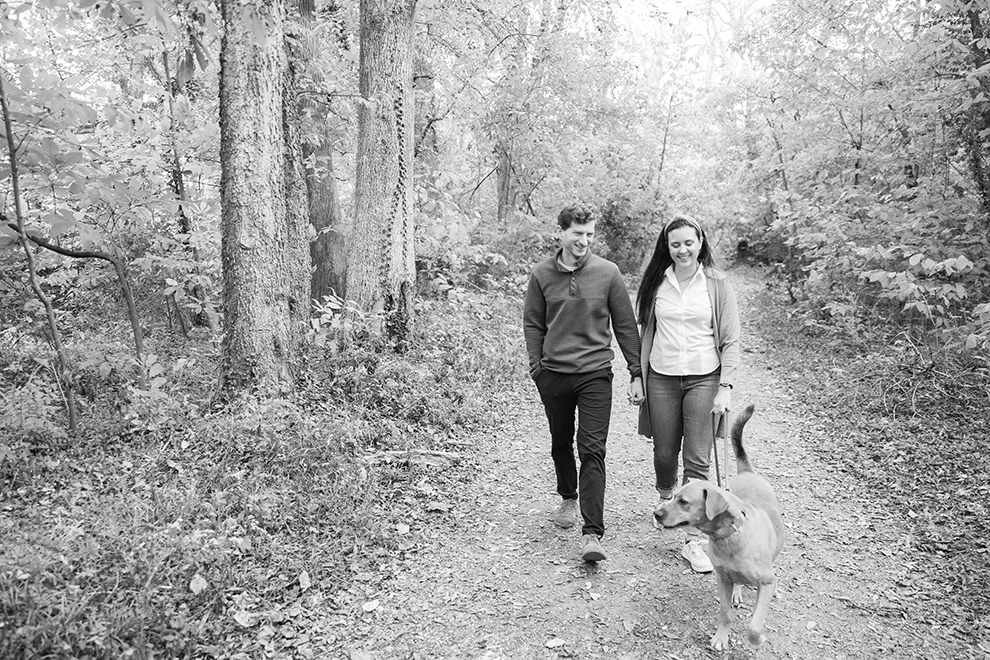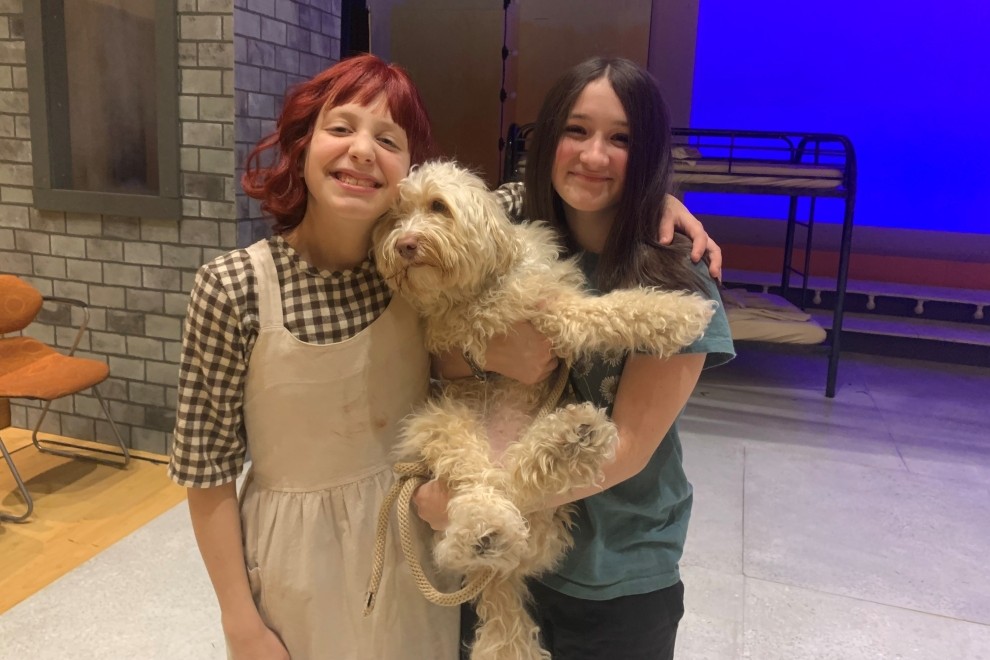Their Story of Resilience, Recovery, and Heart Health Advocacy
Desiree Tunnell and Brad Bakken are practically newlyweds, having just married a little over a year ago. But this Valentine’s Day, they’ll have a lot more to celebrate than romance. By the time they said “I do” last year they’d already faced – and conquered – a real test of sickness and health.
The pair, both 34, live in Stratford Hills and have known each other since they were kids. They were drawn together in part by a shared interest in physical fitness. “We like going to the lake for wakeboarding and wake surfing, snowboarding — all that kind of stuff,” said Bakken, who once raced dirt bikes for a living. “We both love mountain biking and road biking, too,” Tunnell added. “Just being outside in general, we’re very active.”
Their enthusiasm for exercise makes it hard to imagine that in 2021, at nearly the same time, both Tunnell and Bakken experienced life-threatening heart problems.
Brad’s Story
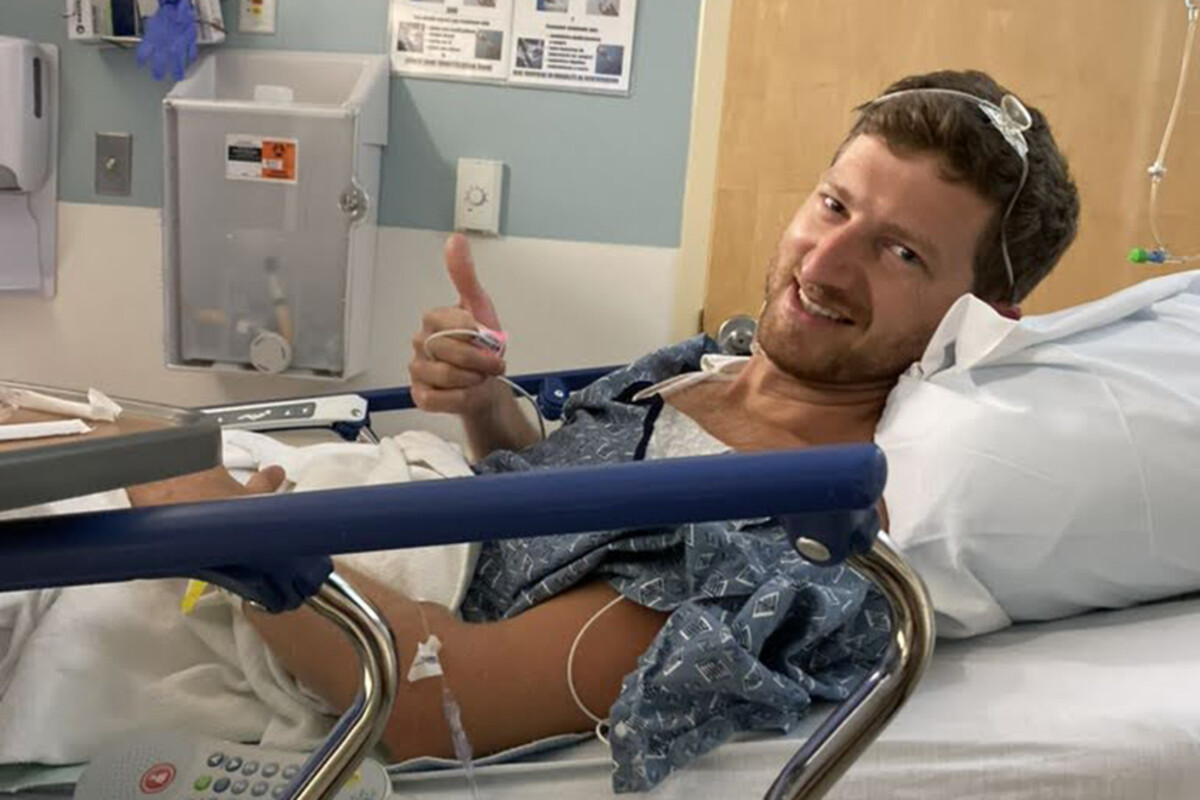
For Bakken, it started with occasional lightheadedness. Then he noticed that even a short run would send his normally low heart rate up to surprising heights. “There was no rhyme or reason to it,” he said. “I could be exercising, and my heart rate would shoot way up. Or I could be driving and feel lightheaded and have to pull over to the side of the road.”
As a grad student in VCU’s exercise physiology program, Bakken had more than just a casual interest in heart health and knew this wasn’t normal. He went to his doctor, who listened to his heart and referred him to a cardiologist.
Bakken was diagnosed with atrial fibrillation (Afib), a condition in which faulty electrical signals cause the heart to beat extremely fast and with an unpredictable rhythm. This causes the chambers of the heart to fall out of sync, making it harder to push blood out to the rest of the body. Left untreated, it can lead to strokes or heart failure.
Bakken was scheduled for an ablation, a procedure in which thin tubes are used to burn or freeze tiny scars onto the interior of the heart. This scarring, placed carefully in specific areas, blocks the abnormal electrical signals at the root of AFib. He had two ablations to fully resolve his symptoms.
“Ever since then, it’s been good,” Bakken said. “After that second ablation, I ran a 100-mile race. I still cycle a bunch, and I’m running a 100K next weekend. I feel great.”
Desiree’s Story
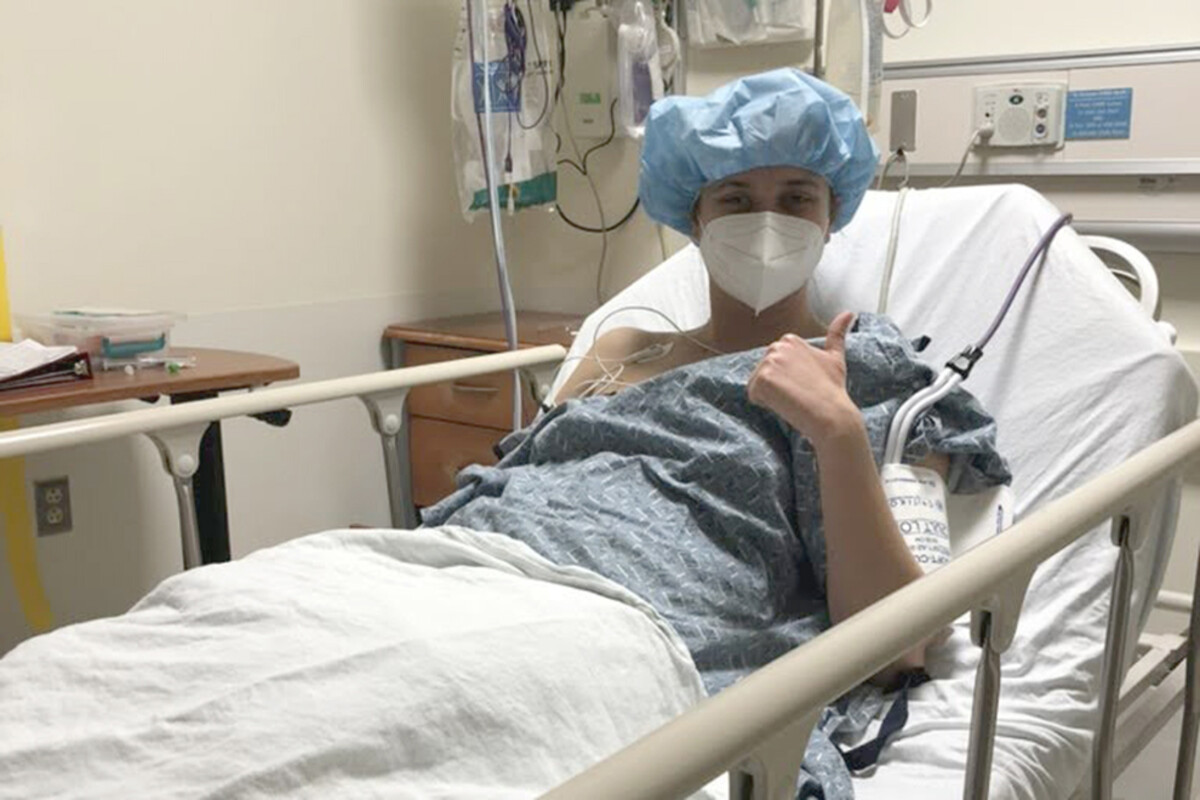
In the midst of all this, Tunnell was wondering what to do about her own strange symptoms. Two years earlier, she’d gone to her doctor for a flu test and got a surprise. “My doctor was listening to my heart and looked a little confused,” Tunnell said. “And finally, she looked at me and said, ‘Why do I not remember that you have a murmur?’”
This was the first Tunnell had heard about her heart having a murmur, a sound made by unusually turbulent blood flow through the heart. It can surface at any time in life and doesn’t necessarily signal a problem, but Tunnell’s doctor recommended consulting a cardiologist to be sure. “The cardiologist told me I had a mitral valve prolapse,” Tunnell said. “But he told me, ‘It’s very common. You are my healthiest patient. You are perfectly fine.’”
Mitral valve prolapse is a condition that affects the flaps that regulate blood flow through the heart. The valves don’t close tightly, raising the potential for backflow that compromises the heart’s efficiency. Like the murmur itself, a mitral valve prolapse doesn’t necessarily mean there’s a serious problem. Tunnell agreed to come back annually to keep an eye on it, and by the next year she was having some pain in her chest. Unconcerned, the cardiologist told her it might be soreness from over-exercise. “He said I was very healthy but may be running too much,” she said.
By the next annual visit, that cardiologist had left the practice, and Tunnell was scheduled to see a different one. “One of the things in my head was, ‘this doctor needs to be a runner’,” she said. “I was training for my third marathon, and I just couldn’t keep up with the training. I didn’t want to be told to quit running.”
To her relief, this new cardiologist was an avid runner. When Tunnell told him she was having a hard time keeping up with people she often ran with, he knew that was a problem. Some additional testing confirmed the prolapse was the cause of her worsening symptoms, and Tunnell was scheduled for a mitral valve prolapse repair surgery.
“My recovery was way more extensive than Brad’s,” she said. “I was in the ICU for two days — chest tubes, drainage tubes, the whole thing.” After several weeks of recovery, Tunnell was cleared to begin cardiac rehabilitation, a regimen of medically supervised exercises that help to bring the heart up to optimal function after a major surgery like hers.
“I finished that and now I have a clean bill of health,” she said. “At my last checkup they said there’s not even a trivial leakage, which is incredible. I had basically a perfect repair job.”
The Beat Goes On
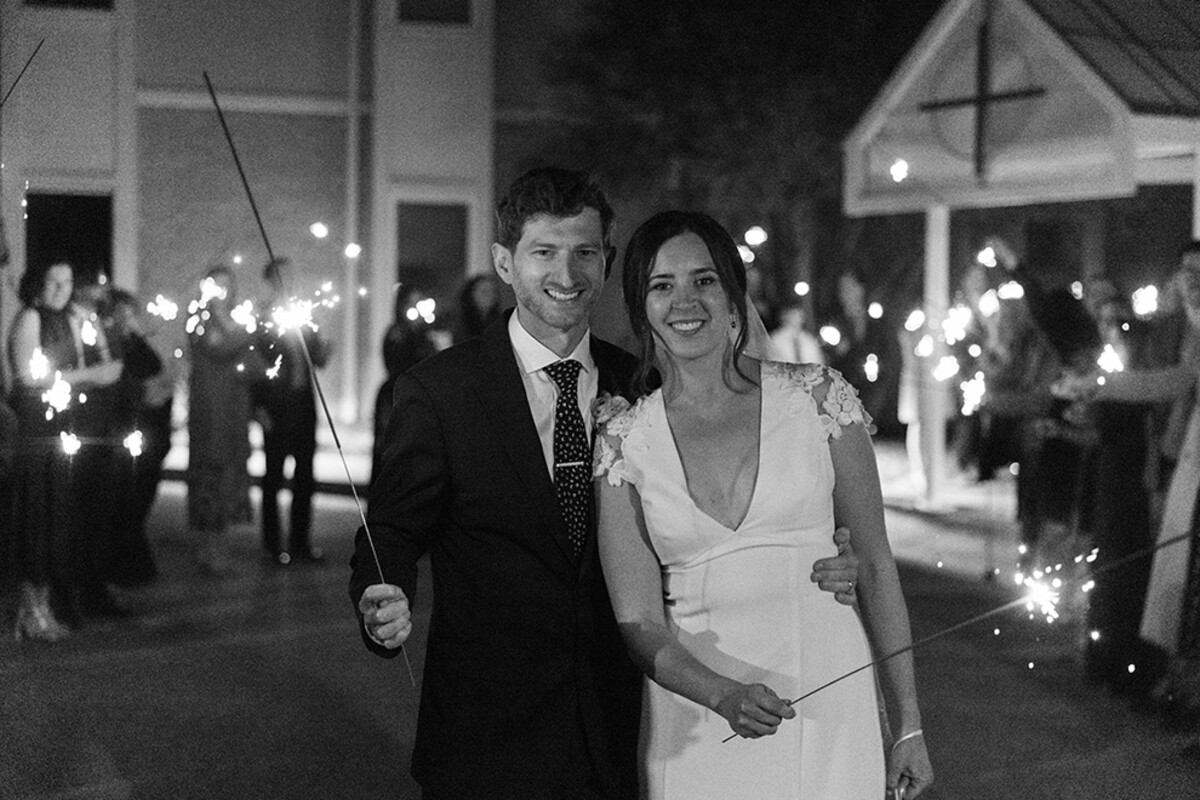
With both their hearts back on track, the pair focused on their future. Inspired by his follow up visits, Bakken began to consider what his career path would be. He is now a clinical exercise physiologist at VCU Health’s Pauley Heart Center, guiding patients through the same exercise tests he knew well as a patient.
“It feels good because I can relate to the patients I see,” he said. “I recently had a patient who was here for AFib, and they were super nervous. I was able to tell them I actually had AFib myself and I did these same tests. I think that helped a lot.”
Now, energized by his work and a desire to know more, he plans to pursue a doctorate in the field. “With all of the stuff that Desiree and I have been through, it made me want to dive even deeper into it and get into more of the research behind why these things happen.”
Tunnell, marketing director for Virginia Family Dentistry, has also taken on a responsibility that was inspired by her experience. Earlier last year, she joined the American Heart Association’s Woman of Impact campaign. She saw it as a way for her story to raise awareness about women’s heart health and raise funds for life-saving research. “I think it’s really important to tell people that heart disease doesn’t look like what you think it looks like,” she said. “You can be very fit, eat well, all of that, and still find yourself in a cardiologist’s office.”
Tunnell was surprised by the outcome of her efforts, which led to her being named the winner of the Central Virginia Woman of Impact as part of the American Heart Association’s campaign. “I had told them I would raise just a few thousand dollars,” she said. “I think I ended up raising $17,000 for them, which was shocking for me.” Now chair of the 2025 Woman of Impact campaign, she is helping to facilitate the next year of events and is a resource for the new slate of nominees.
She’s also making a meaningful impact on a personal level. When a friend mentioned some strange symptoms, Tunnell urged her to see a cardiologist. That friend was diagnosed with a congenital heart condition that could have caused serious problems if not addressed.
While their passion for fitness couldn’t prevent them from having heart problems, Bakken believes it may have helped them with early detection. “We know our bodies very well because we’ve been so active our entire lives,” he said. “So, when things started happening, and we really didn’t feel well, we were like, okay, something’s going on.” Tunnell added that “once you know something is going on, keep pushing for an answer.” It can make all the difference.


